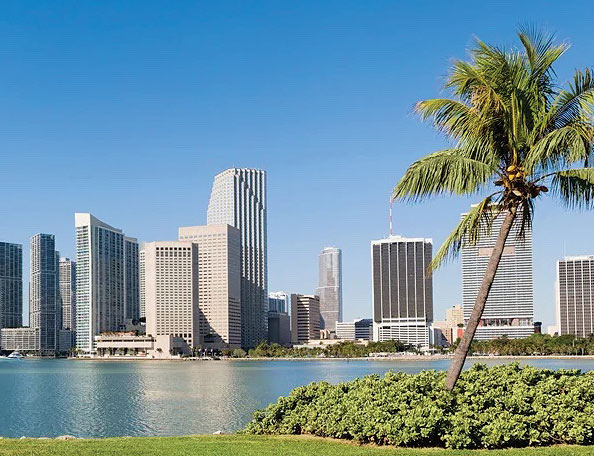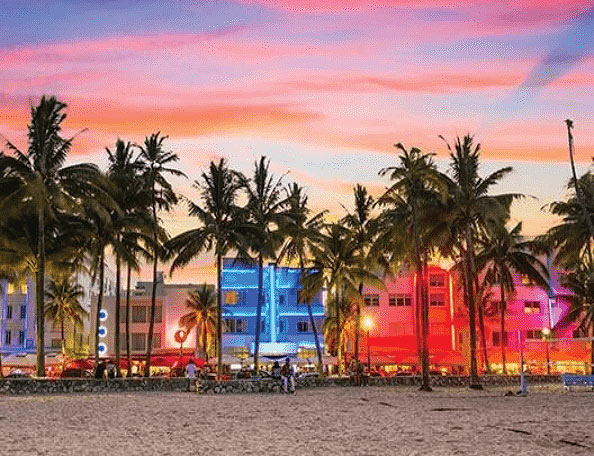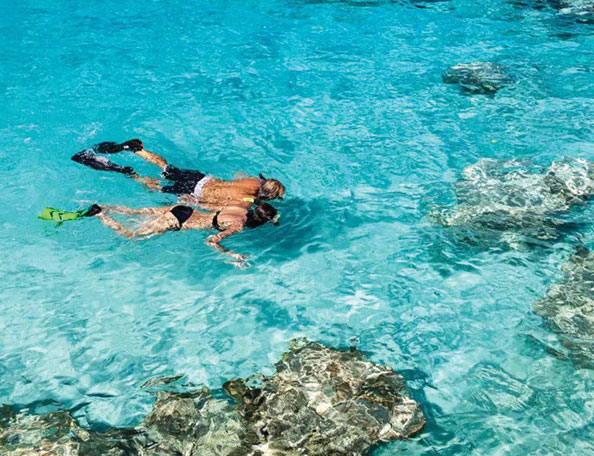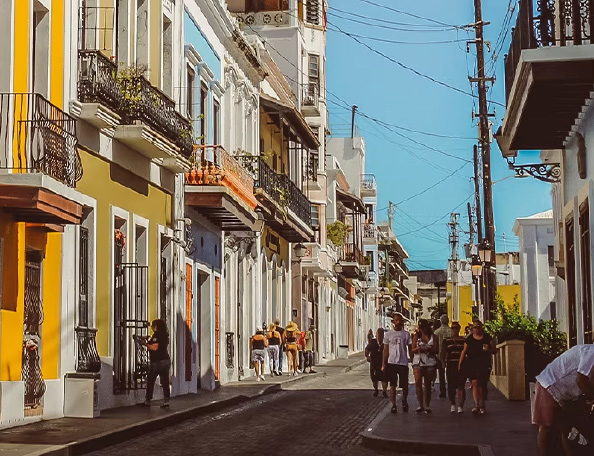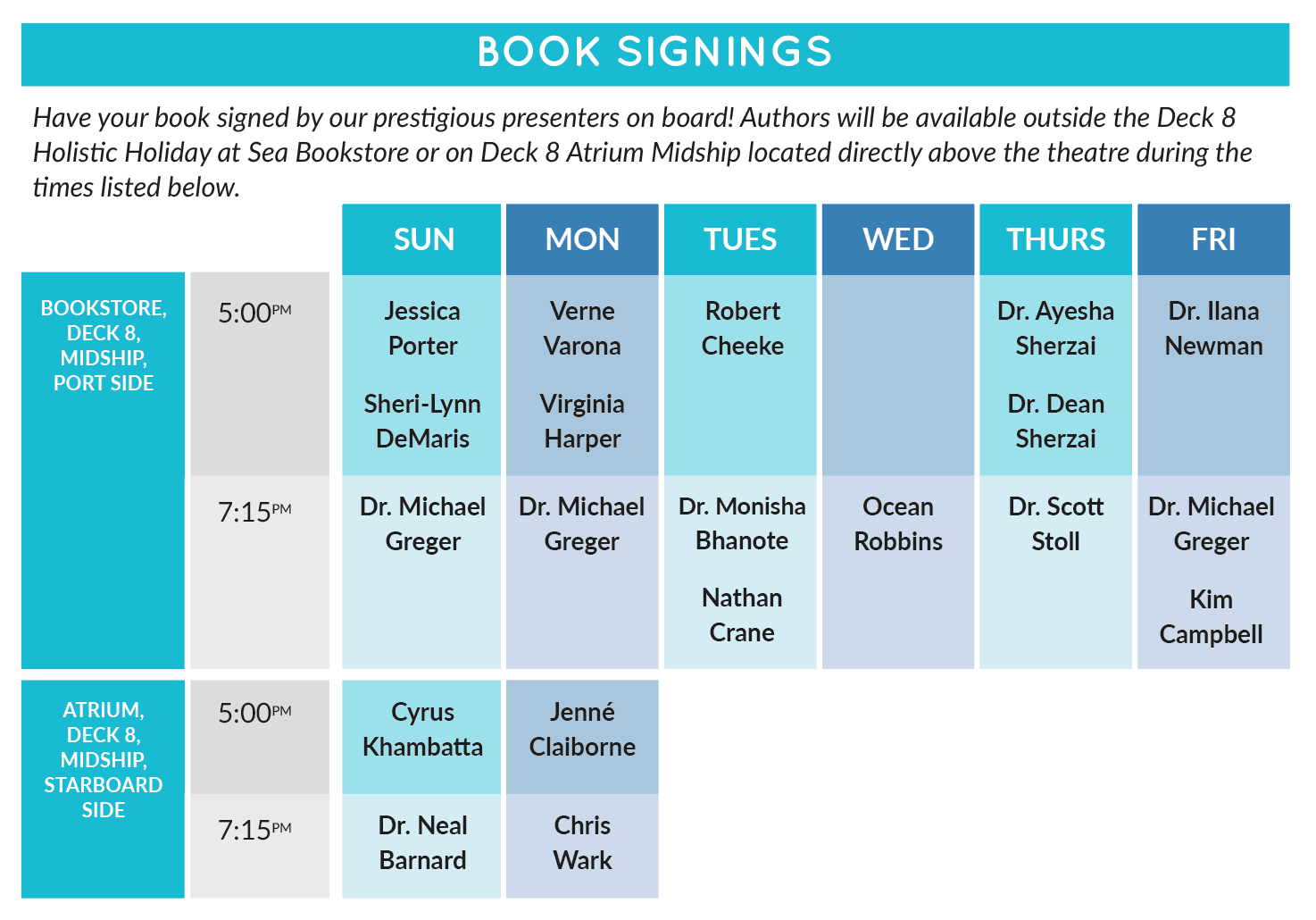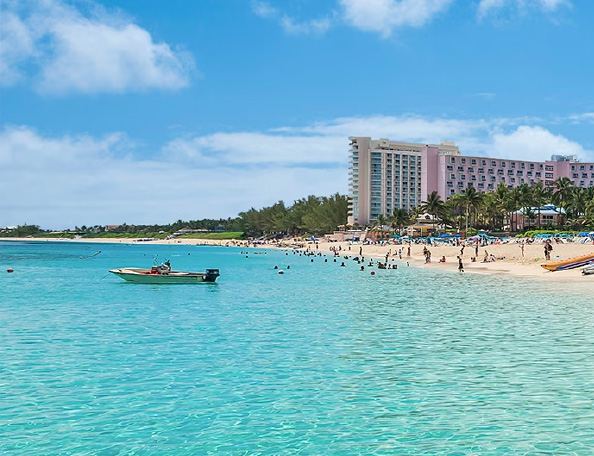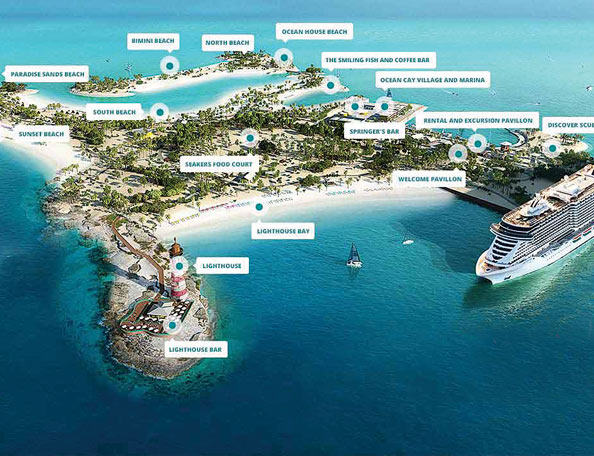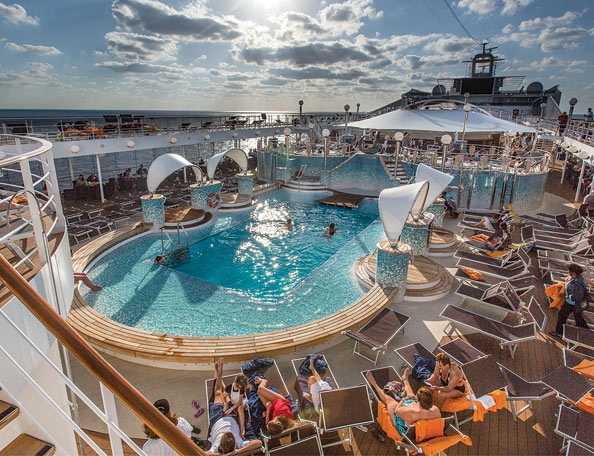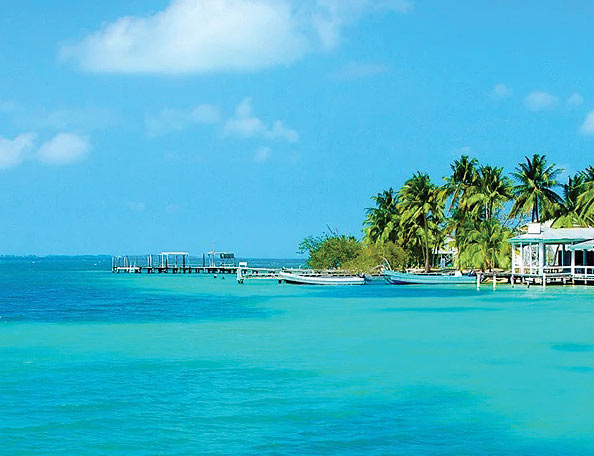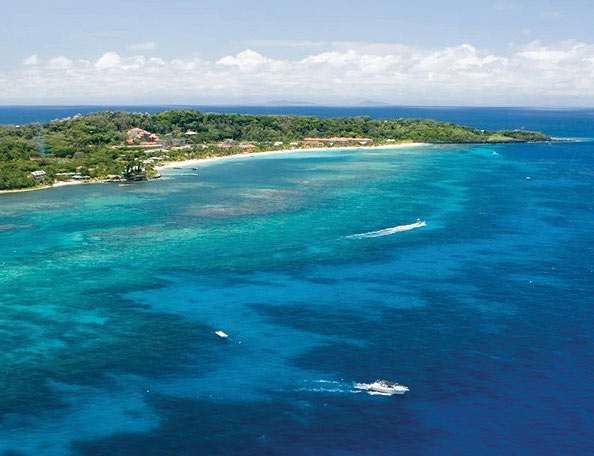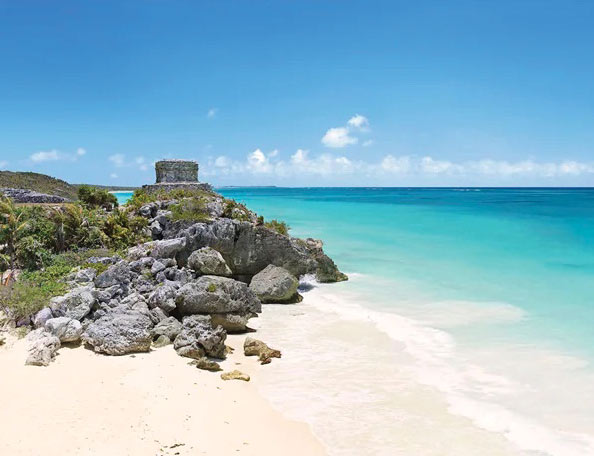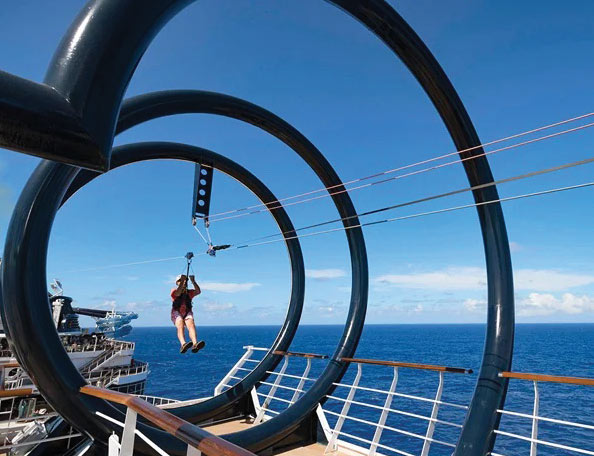 Holistic Holiday at Sea is an opportunity to learn more about the benefits of a plant-based diet and lifestyle—for yourself and for every living creature on earth. For this reason (and many others), we are so excited to announce one of our panels for the 2018 Holistic Holiday at Sea Cruise, which runs February 15–25, 2018.
Holistic Holiday at Sea is an opportunity to learn more about the benefits of a plant-based diet and lifestyle—for yourself and for every living creature on earth. For this reason (and many others), we are so excited to announce one of our panels for the 2018 Holistic Holiday at Sea Cruise, which runs February 15–25, 2018.
Join five knowledgeable presenters for Q&A Panel: Animal Rights Leadership to learn about the plight of animals used in the entertainment, experimentation, clothing, meat and dairy industries and how society is responding to the increasingly large and powerful message of the animal rights movement. Participants include Ingrid Newkirk (president and founder of PETA); Dr. Neal Barnard (founder of the Physicians Committee for Responsible Medicine); Dr. Jonathan Balcombe (Director of Animal Sentience at the Humane Society Institute for Science and Policy); and Gene Baur (co-founder and president of Farm Sanctuary). The panel is moderated by Melissa Karpel, Philanthropic Specialist with the PETA Foundation.
We got the chance to speak to each of these amazing and compassionate presenters and ask them some important questions about their life-changing work.
How old were you when you adopted a plant-based diet?
Ingrid Newkirk: I think I was 20 (I’m 68 now) when I first became vegetarian, eating the McDonald’s McMuffin without the bacon! But I’m ashamed to say I waffled later, not having any support system probably was my undoing, and then became vegetarian when I was in my late 20s, and vegan shortly afterwards after someone made fun of me for putting milk in my tea and explained that’s why we have a veal calf system—to take the milk!
Dr. Neal Barnard: The year before I went to medical school, I worked as an autopsy assistant in a Minneapolis hospital. One day, a patient in the hospital died of a massive heart attack, and the pathologist conducted an autopsy, with my help. He cut away a section of ribs to expose the heart, and he showed me how the coronary arteries were narrowed with atherosclerotic plaque, as were the arteries to the brain, the kidneys, and the other parts of the body. And he explained how this was linked to bacon, eggs, and all the foods I had grown up on.
After he finished the examination, I cleaned up, putting the ribs back into the chest and cleaning away the blood. When I was done, I went up to the hospital cafeteria. As it turned out, they were serving ribs for lunch. They looked and smelled just like a dead body. And of course, they are a dead body. I didn’t become a vegetarian on the spot, but I just couldn’t eat them.
After that, I became more aware of the health risks of meat and also about the mistreatment of animals in the meat industry. And eventually, I realized that the dairy and egg industries are as bad as the meat industry when it comes to health, the environment, and animals, and I stopped eating animal products altogether.
Dr. Jonathan Balcombe: I went vegetarian at age 25, and vegan at 30. I took a year off my university studies in 1984 (at age 25) to work and then to travel. I chose three months in India, which was a life-changing experience.
I was a vegan waiting to happen and going to a nation of half a billion Hindu vegetarians was a tipping point for me.
Gene Baur: I went vegan in 1985, when I was 23 years old. This decision was the culmination of incremental steps and awareness about the issues. I first learned of the cruelty of animal agriculture in high school when my grandmother told me about how veal calves are raised. Then, I learned about the environmental harm and inefficiency of raising animals for food, and that we could feed more people with fewer resources by producing plant foods. Finally, when I realized it was possible to live well without eating animal products, I decided to go vegan.
Melissa Karpel: I adopted a vegan lifestyle 11 years ago, when I was in my 20s. Prior to that, I had always loved animals and had them as part of my family, but I hadn’t made the connection that what I was eating, wearing, and purchasing in my daily life was actually harming them. Eleven years ago, I was volunteering with chimpanzees who were rescued from laboratories, and they knew sign language. I was amazed by their emotional intelligence as I got to know these smart, playful, sensitive, and funny beings. My connection with them forced me to look head-on at my relationship with animals. At the same time, I found PETA’s “Meet Your Meat” video online, and it took one viewing to get me and my entire family (parents and two sisters) to go vegan overnight. None of us have turned back since.
This panel is committed to helping people understand the facts. What is one fact that most people are very often surprised by?
Ingrid Newkirk: That we wouldn’t have a veal calf industry—with the babies taken from their mothers shortly after birth—if we avoided dairy, which is a weird thing to eat anyway given that we are adults and it’s baby food, and that it’s baby food for a different species.
Dr. Neal Barnard: What happens to dairy cattle is particularly troubling. They are artificially inseminated every year, and their calves are invariably taken away. Then, by about age four when they are somewhat less productive, the cows are slaughtered for meat and leather, and are replaced in the dairy barns by their daughters who are artificially inseminated annually, and their calves are taken away.
Dr. Jonathan Balcombe: It continues to be a widespread misconception (especially among omnivores) that it takes more plants to feed vegans than to feed meat-eaters. In fact, not only are plant-based diets the most animal-friendly way to eat, they are also the most plant-friendly way to eat. It is a basic principle of ecology that energy is lost as one moves up a food chain. Lots of energy! Eating animals directly doesn’t take pressure off of plants. On the contrary, when we eat cows and pigs and chickens we are consuming all the plants that these animals were fed to grow their bodies. And that’s many times more plants than if we eat plants directly. This vitally important principle explains the link between animal agriculture and habitat loss, biodiversity loss, food inequities, and climate change.
Gene Baur: Many people are surprised to learn that humans can thrive on a plant-based diet, and that elite athletes have found that eating plants instead of animals improves their performance.
Melissa Karpel: I think people are surprised to hear how cruel the egg and dairy industries are. There’s a misconception that because animals aren’t killed for milk or eggs that they aren’t harmed. When I learned that cows are repeatedly impregnated and that their calves are taken away from them and put into crates so that their milk can be sold to humans instead of given to their babies, I was shocked. I was also unaware that most egg-laying hens spend their lives in cramped, dirty cages that are about the size of a piece of paper. I wish more people knew about how cows and chickens suffer for dairy and egg production.
Welcome aboard Holistic Holiday at Sea for the first time! What are you most excited about and/or what do you hope to get out of the experience?
Ingrid Newkirk: I have not been on the cruise before so I’m looking madly forward to meeting kind people I’ve never met before, and running into old friends, too. I hope to pick brains and learn new ideas for activism, and hear what people are up to out there, changing the world for animals.
As a seasoned Holistic Holiday at Sea guest, can you describe how meeting other likeminded animal activists on Holistic Holiday at Sea has affected you?
Dr. Neal Barnard: It is great to see so much enthusiasm and so many lives being changed.
Dr. Jonathan Balcombe: I’m always lifted when I am among like-minded people. One of my favorite aspects of the cruise is the seating arrangement at mealtimes, which ensures that people meet and eat with different guests each time. It is a great way to spread knowledge and good cheer.
Gene Baur: Human beings are social animals, and it’s important to be among others who share similar beliefs and values, while also being exposed to new perspectives and ideas. Being on the cruise helped validate my core feelings and principles, while also encouraging my thinking to evolve.
Melissa Karpel: I’ve been on the cruise before and found it to be such a wonderful meeting of like-minded individuals. I learned so much from others, too, who brought their own perspectives. I’ve been calling it the “Vegan Love Boat,” because my sister met her husband on the cruise nine years ago, and then two years later, I met my fiancé during one of the vegan ice cream socials on the main deck! I’m very much looking forward to seeing how the cruise has grown in the years since I attended, to seeing old friends in the activist community, and to meeting new people as well.
Bon Voyage!
Have more questions? We hope you will join us at the Q&A Panel: Animal Rights Leadership to hear inspiring stories, get more curious, and ask those burning questions you’ve always wanted to know!






